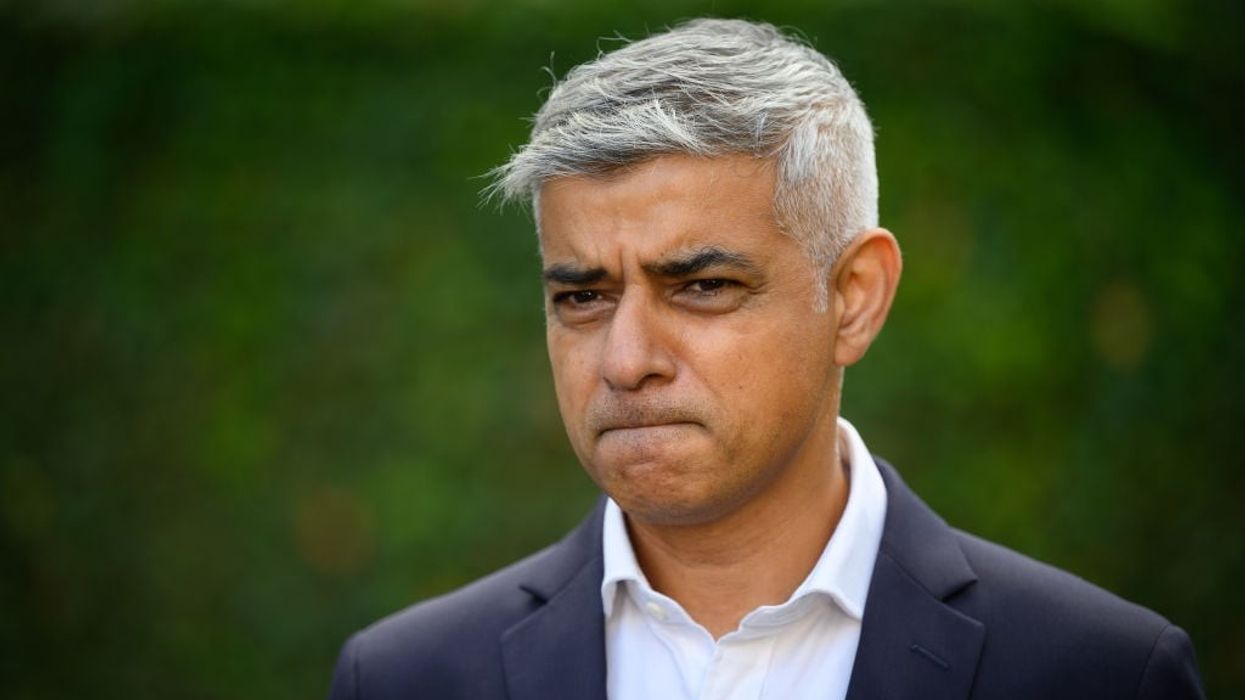LONDON Sadiq Khan will receive new powers to help cut red tape affecting pubs, clubs and restaurants, the UK government announced on Friday.
Khan will be given “call-in” powers to review decisions by local councils that block late-night drinking licences in key nightlife areas.
The move is aimed at supporting London’s struggling night-time economy. If the pilot is successful, similar powers could be extended to other mayors across England as part of efforts to revive the UK’s £62 billion hospitality sector.
Businesses have raised concerns that the current licensing system hinders growth and investment. They say it is difficult to secure extended licensing hours and to deal with objections raised by other firms.
“I am delighted that the government is looking to grant London greater powers over licensing,” Khan said. “This significant decision would allow us to do more to support the capital's pubs, clubs and music venues.”
The government also announced a pilot programme to encourage more outdoor dining.
Deputy prime minister Angela Rayner said the government was committed to addressing the issues holding back the sector. “Our pubs, restaurants and live music venues are the beating heart of our cultural life, so it is vital they are given every chance to survive and thrive,” she said.
“Too often, we have seen the complaints of a vocal minority of objectors promoted over the need for our country to grow – we are determined to change this,” she added.
The hospitality industry was already under pressure before the pandemic and continues to face challenges. It employs three million people and has seen closures of many night-time venues across the UK.
The Night Time Industries Association (NTIA) recently reported a 32.7 per cent decline in nightclubs nationwide since 2020.
Factors behind the decline include rising rents, staff shortages, changes in drinking habits among young people, licensing rules and inflation, which has affected the sector’s recovery since reopening.
In February, Khan launched a taskforce to make recommendations on how to improve the night-time economy.\
(With inputs from AFP)




